Kuan-Shiuan Ho
Convolutional Neural Network-aided Bit-flipping for Belief Propagation Decoding of Polar Codes
Nov 05, 2019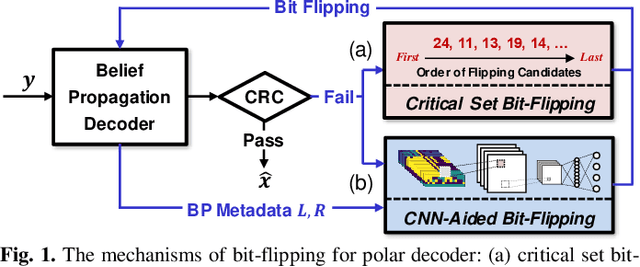
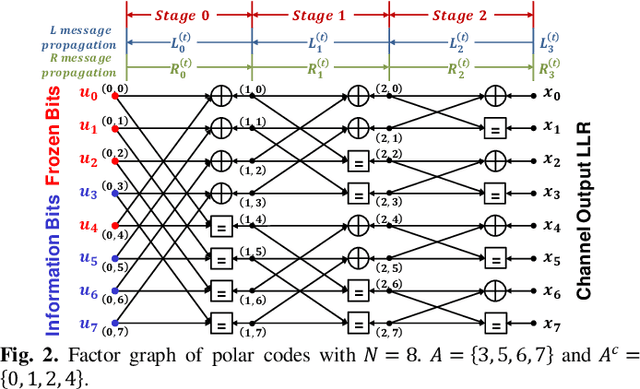

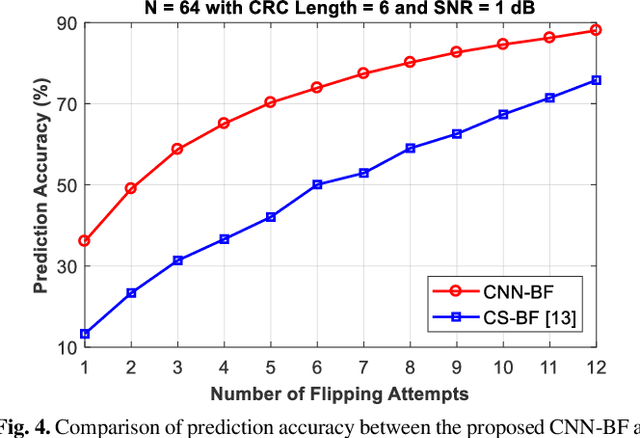
Abstract:Known for their capacity-achieving abilities, polar codes have been selected as the control channel coding scheme for 5G communications. To satisfy high throughput and low latency needs, belief propagation (BP) is chosen as the decoding algorithm. However, the error performance of BP is worse than that of enhanced successive cancellation (SC). Critical-set bit-flipping (CS-BF) can be applied to BP decoding in order to lower the error rate. However, its trial and error process results in longer latency. In this work, we propose a convolutional neural network-aided bit-flipping (CNN-BF) for BP decoding of polar codes. With carefully designed input data and model architecture, it can achieve better prediction accuracy. The simulation results show that we can effectively reduce the added latency resulting from BF and achieve a lower block error rate (BLER).
Low-complexity Recurrent Neural Network-based Polar Decoder with Weight Quantization Mechanism
Oct 29, 2018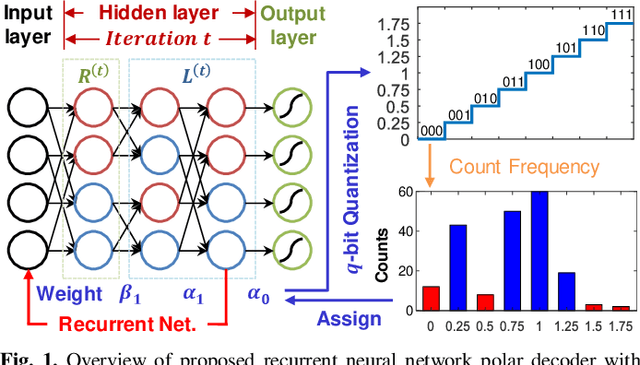
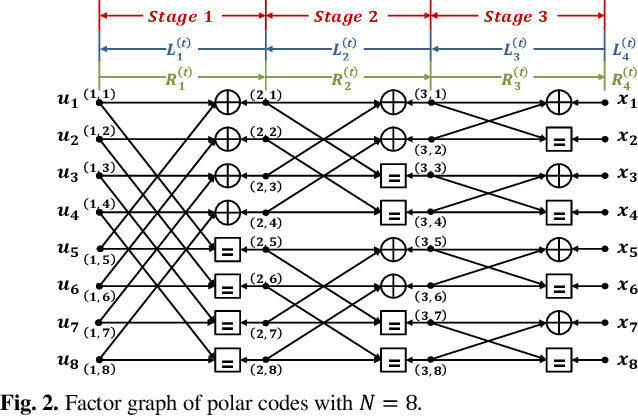
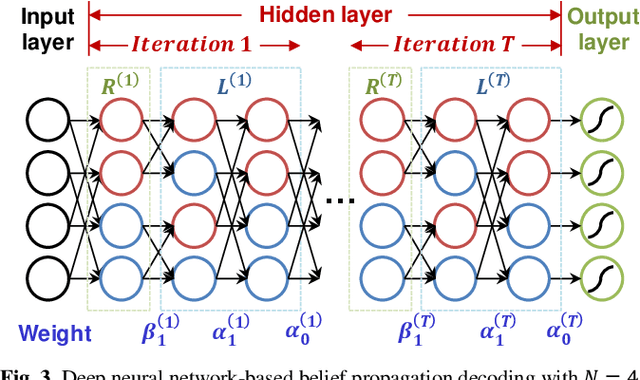
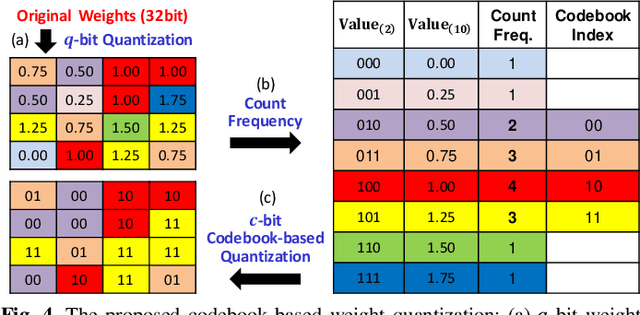
Abstract:Polar codes have drawn much attention and been adopted in 5G New Radio (NR) due to their capacity-achieving performance. Recently, as the emerging deep learning (DL) technique has breakthrough achievements in many fields, neural network decoder was proposed to obtain faster convergence and better performance than belief propagation (BP) decoding. However, neural networks are memory-intensive and hinder the deployment of DL in communication systems. In this work, a low-complexity recurrent neural network (RNN) polar decoder with codebook-based weight quantization is proposed. Our test results show that we can effectively reduce the memory overhead by 98% and alleviate computational complexity with slight performance loss.
 Add to Chrome
Add to Chrome Add to Firefox
Add to Firefox Add to Edge
Add to Edge